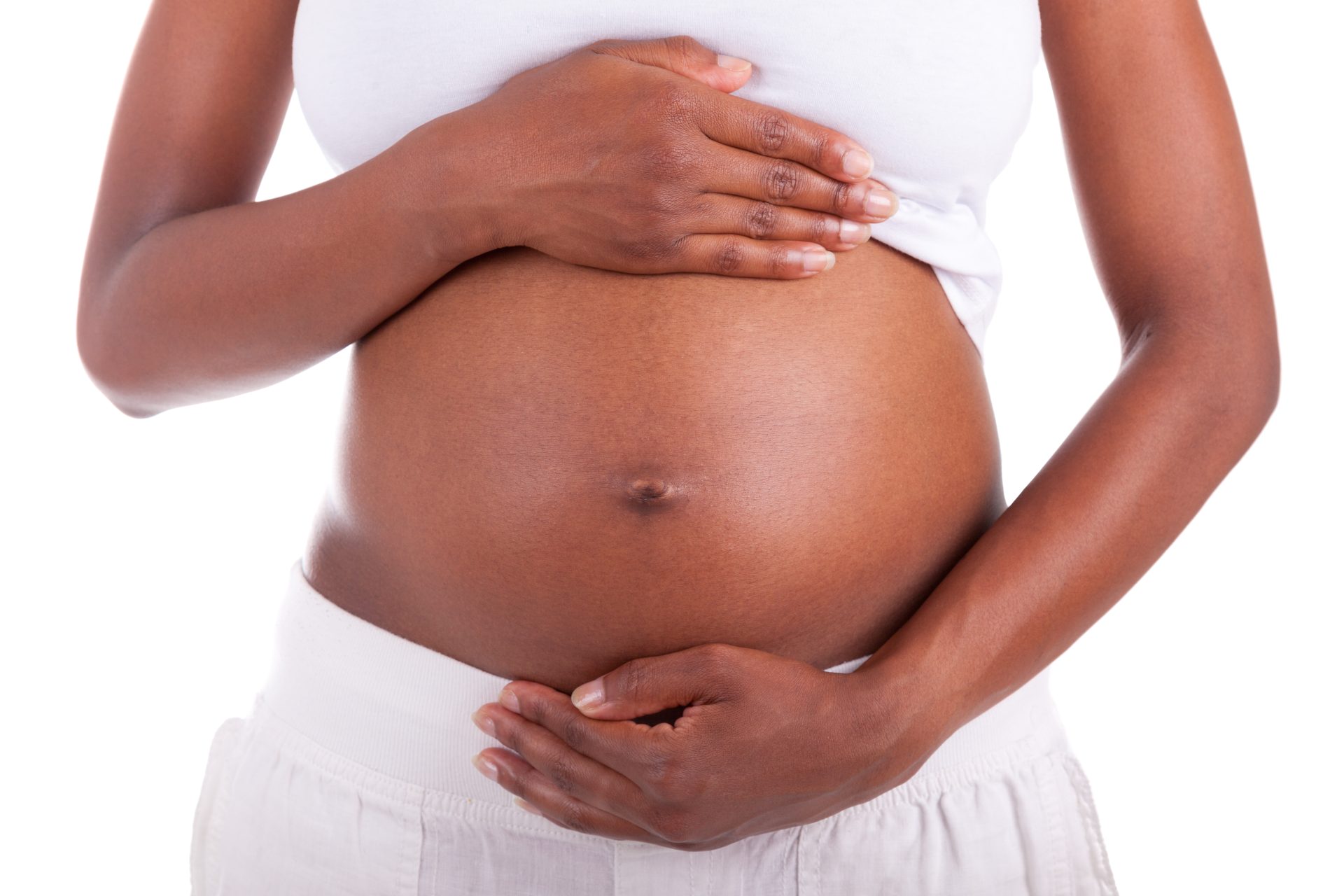The number of American women becoming first-time mothers after 40 continues rising, with birth rates increasing four percent for those aged 40-44 and 12 percent for women 45 and older between 2021 and 2022.
Lisa Weber exemplifies this trend. She gave birth to her son Blake at age 50 through natural conception, becoming her hospital’s oldest mother to do so.
“Having another child would be nice — the icing on the cupcake,” Weber said, reflecting on her unexpected pregnancy after experiencing perimenopause symptoms.
Dr. Nicole Tchalim, reproductive psychiatrist, attributes the trend to multiple factors including financial considerations, relationship timing and fertility treatment advances. The average age of first-time mothers rose from 25.6 years in 2011 to 27.3 in 2021.
However, conception becomes increasingly challenging with age. Dr. Alicia Ogle of Mayo Clinic notes women’s chances of natural conception drop to five percent at 40 and below one percent by 45.
“The quantity and quality of eggs decrease significantly over time,” Ogle said. She recommends women over 40 consult fertility specialists after three to six months of trying to conceive.
Brooke Glass, 41, underwent multiple rounds of in vitro fertilization before having her son in 2020. “The emotional toll was immense, but finding the right doctor made all the difference,” Glass said.
Dr. Mary D’Alton warns of increased pregnancy risks for older mothers, including preeclampsia and gestational diabetes. However, many women feel their life experience outweighs the challenges.
“I can offer more to my youngest son now than I could to my older children,” Weber said, citing greater wisdom and appreciation gained with age.
Medical advances continue expanding possibilities for later pregnancy. Researchers explore techniques like in vitro gametogenesis, potentially allowing conception for women without viable eggs.
Despite stigma around advanced maternal age, doctors emphasize personal choice in family planning. “Each woman’s journey to motherhood is unique,” Tchalim said. “Age shouldn’t be the sole determining factor.”
For consultation about later pregnancy, specialists recommend:
– Comprehensive fertility testing
– Regular prenatal care
– Mental health support
– Financial planning for treatments
– Discussion of pregnancy risks















